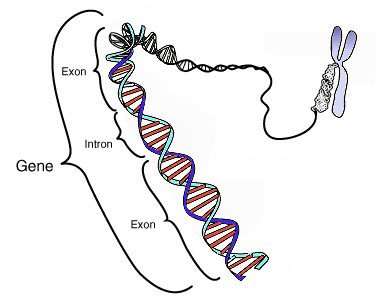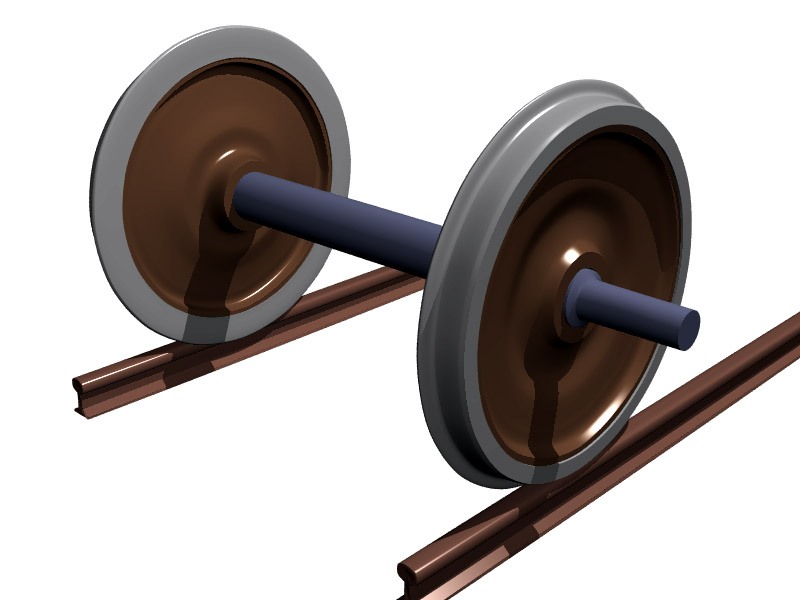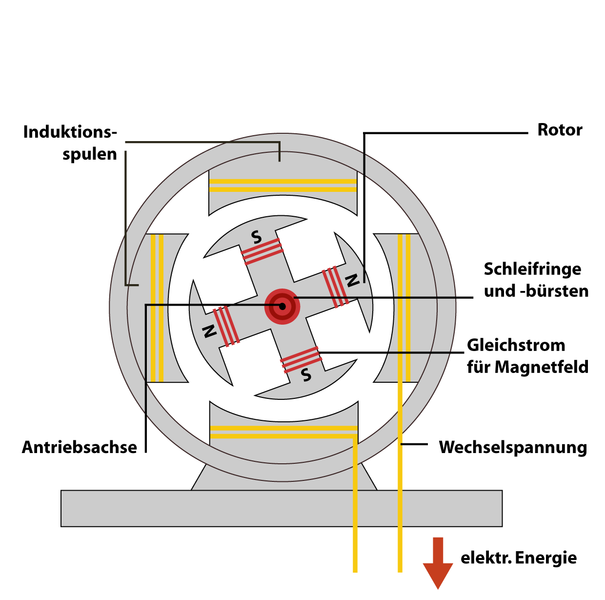Elftal Duitse octrooizaken
Hieronder een overzicht van een elftal recent gepubliceerde uitspraken in Duitse procedures, KluwerPatentBlog.
Federal Court of Justice (Bundesgerichtshof), 19 February 2013, Kluwer Patent Blog (Wundverband)
by Anja Petersen Hoffmann Eitle , for Kluwer Patent Cases If the patentee has granted an exclusive license after filing an infringement action, an exclusive licensee is (in part) a legal successor of the patentee. Therefore, as long as the patentee’s claims are pending at another German court, the exclusive licensee has no right to sue with regard to the same subject matter due to the force of res judicata of the judgment against the legal successor and the lis pendens rule. The final decision against the patentee will have binding effect against the licensee as well.
Federal Court of Justice (Bundesgerichtshof), 15 January 2013, Kluwer Patent Blog (Messelektronik fuer Coriolisdurchflussmesser)
 by Jochen Buehling , for Kluwer Patent Cases The Federal Court of Justice held that under the specific circumstances of the case it was likely that a service manual regarding flow meter technology had been available to third parties. The Court considered as decisive the agreement between the party supplying the manual and the recipient. According to the Court it is relevant whether the parties agreed upon confidentiality either expressly or implicitly or whether it was to be expected under the circumstances that the recipient would keep the information confidential.
by Jochen Buehling , for Kluwer Patent Cases The Federal Court of Justice held that under the specific circumstances of the case it was likely that a service manual regarding flow meter technology had been available to third parties. The Court considered as decisive the agreement between the party supplying the manual and the recipient. According to the Court it is relevant whether the parties agreed upon confidentiality either expressly or implicitly or whether it was to be expected under the circumstances that the recipient would keep the information confidential.
Federal Court of Justice (Bundesgerichtshof), 5 February 2013, Kluwer Patent Blog (Genveraenderungen)
 by Jochen Buehling , for Kluwer Patent Cases According to the law on employee inventions, the inventor is entitled to information about all income generated by the employer from third parties in exploiting the invention. This information is the basis for claims of the employees against the employer for compensation. The Court confirmed the decisions of the lower courts and held that the income of the employer comprises all financial benefits related to the employees’ invention and its exploitation. This includes not only payments made to the employer but also other benefits such as patent protection.
by Jochen Buehling , for Kluwer Patent Cases According to the law on employee inventions, the inventor is entitled to information about all income generated by the employer from third parties in exploiting the invention. This information is the basis for claims of the employees against the employer for compensation. The Court confirmed the decisions of the lower courts and held that the income of the employer comprises all financial benefits related to the employees’ invention and its exploitation. This includes not only payments made to the employer but also other benefits such as patent protection.
Federal Court of Justice (Bundesgerichtshof), 18 December 2012, Kluwer Patent Blog (Doppelvertretung im Nichtigkeitsverfahren)
by Jochen Buehling , for Kluwer Patent Cases Regarding the question whether costs for double representation of a party by a patent attorney and an attorney-at-law are reimbursable the Court held that these costs are to be reimbursed at least in a situation where parallel infringement proceedings concerning the same patent are pending before a civil court and in which the same party or an affiliate of that party is involved.
Federal Court of Justice (Bundesgerichtshof), 19 July 2012, Kluwer Patent Blog (Take Five)
by Jochen Buehling , for Kluwer Patent Cases In an earlier decision (BGH M2Trade), the Court held that the termination of the main license agreement does not automatically lead to a termination of the sublicense. It remains in force when the main license is terminated for reasons such as a mutual agreement of the main licensor and the main licensee who is also the sub-licensor. The Court applied this principle in the present case in which the license was exclusive. According to the Court, the interests of the sub-licensee were to prevail over the interests of the main licensor.
Federal Court of Justice (Bundesgerichtshof), 19 July 2012, Kluwer Patent Blog (M2Trade)
 by Jochen Buehling , for Kluwer Patent Cases Although the right of the main licensee to use the invention automatically fell back to the licensor upon the licensee’s insolvency, the Court held that the sublicensee enjoys protection of succession and that the sublicense continued to exist despite the termination of the main license.
by Jochen Buehling , for Kluwer Patent Cases Although the right of the main licensee to use the invention automatically fell back to the licensor upon the licensee’s insolvency, the Court held that the sublicensee enjoys protection of succession and that the sublicense continued to exist despite the termination of the main license.
Federal Court of Justice (Bundesgerichtshof), 24 July 2012, Kluwer Patent Blog (Leflunomide)
 by Thorsten Bausch Hoffmann Eitle and Bernd Kröger. A combination of two pharmaceutical ingredients, i.e. leflunomide and teriflunomide is to be considered obvious if the person skilled in the art uses an obvious process to obtain leflunomide that automatically results in – even with a certain delay – both components due to a chemical reaction.
by Thorsten Bausch Hoffmann Eitle and Bernd Kröger. A combination of two pharmaceutical ingredients, i.e. leflunomide and teriflunomide is to be considered obvious if the person skilled in the art uses an obvious process to obtain leflunomide that automatically results in – even with a certain delay – both components due to a chemical reaction.
Federal Court of Justice (Bundesgerichtshof), 23 October 2012, Kluwer Patent Blog (Sachverstaendigenablehnung VI)
 by Jochen Buehling , for Kluwer Patent Cases The Court held that a lack of impartiality of a court-appointed expert can be assumed if the expert maintains a close economic relationship with one of the parties. This is not necessarily so where the expert was engaged by a third party that maintains a consulting relationship with one of the parties.
by Jochen Buehling , for Kluwer Patent Cases The Court held that a lack of impartiality of a court-appointed expert can be assumed if the expert maintains a close economic relationship with one of the parties. This is not necessarily so where the expert was engaged by a third party that maintains a consulting relationship with one of the parties.
Federal Court of Justice (Bundesgerichtshof), 20 November 2012, Kluwer Patent Blog (Fuehrungsschiene)
 by Jochen Buehling , for Kluwer Patent Cases This decision deals with a court order to obtain an expert opinion in a nullity appeal proceeding subject to the new procedural rules that apply to nullity actions filed since October 1, 2009. Due to revised rules in nullity appeal proceedings, as a general rule, the appeal court shall decide on legal questions only, and not questions of fact such as expert opinions. However, the Court held that regarding facts relevant for novelty or inventive step it, the appointment of a court expert to clarify the factual background is still admissible, even if the relevant facts were already a subject in the first instance proceedings.
by Jochen Buehling , for Kluwer Patent Cases This decision deals with a court order to obtain an expert opinion in a nullity appeal proceeding subject to the new procedural rules that apply to nullity actions filed since October 1, 2009. Due to revised rules in nullity appeal proceedings, as a general rule, the appeal court shall decide on legal questions only, and not questions of fact such as expert opinions. However, the Court held that regarding facts relevant for novelty or inventive step it, the appointment of a court expert to clarify the factual background is still admissible, even if the relevant facts were already a subject in the first instance proceedings.
Federal Court of Justice (Bundesgerichtshof), 28 August 2012, Kluwer Patent Blog (Fahrzeugwechselstromgenerator)
 by Jochen Buehling , for Kluwer Patent Cases The Appeals Court held that an argument that was not raised in first instance proceedings, shall not be considered a new matter, and consequently be dismissed, if it only further specifies or clarifies the line of argumentation in first instance. On the other hand, f the plaintiff refers to the specifics of a technical teaching disclosed in prior art for the first time at the appeal stage in order to support a nullity attack, it shall be considered a new matter, even if this prior art was already filed in first instance.
by Jochen Buehling , for Kluwer Patent Cases The Appeals Court held that an argument that was not raised in first instance proceedings, shall not be considered a new matter, and consequently be dismissed, if it only further specifies or clarifies the line of argumentation in first instance. On the other hand, f the plaintiff refers to the specifics of a technical teaching disclosed in prior art for the first time at the appeal stage in order to support a nullity attack, it shall be considered a new matter, even if this prior art was already filed in first instance.
Federal Court of Justice (Bundesgerichtshof), 13 November 2011, Kluwer Patent Blog (Diglycidverbindung (Diglycidyl Compounds))
 by Jochen Buehling , for Kluwer Patent Cases Under the doctrine of equivalents, a patent does not convey protection for all options disclosed in the broader patent description if these options are not specifically included in the patent claims.
by Jochen Buehling , for Kluwer Patent Cases Under the doctrine of equivalents, a patent does not convey protection for all options disclosed in the broader patent description if these options are not specifically included in the patent claims.























